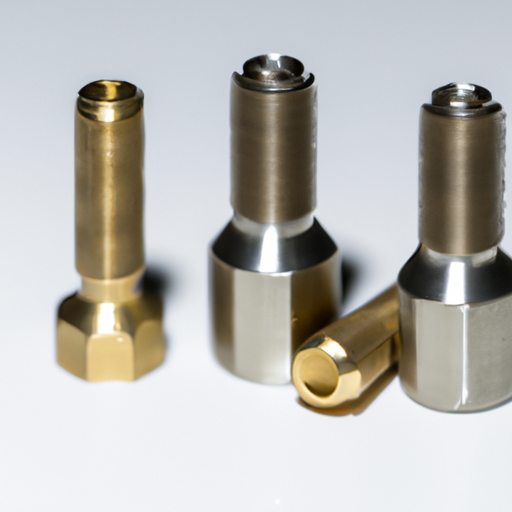on the topic of instrument component class recommendation. In this article, we will discuss the importance of instrument components, the different classes of instrument components, and provide recommendations for selecting the appropriate class for specific applications.

Instrument components play a crucial role in various industries, including manufacturing, research, and healthcare. These components are responsible for measuring, controlling, and monitoring various parameters such as temperature, pressure, flow, and level. Selecting the right instrument component class is essential to ensure accurate and reliable measurements. In this article, we will explore the different classes of instrument components and provide recommendations for their selection.
Importance of Instrument Components:
Instrument components are the building blocks of any measurement system. They are designed to convert physical quantities into electrical signals that can be processed and analyzed. The accuracy and reliability of these components directly impact the quality of measurements and the overall performance of the system.
Different Classes of Instrument Components:
1. Class A:
Class A instrument components are known for their high accuracy and precision. They are typically used in applications where the measurement requirements are stringent, and even a small error can have significant consequences. These components are calibrated and tested to meet strict standards and are often used in industries such as pharmaceuticals, aerospace, and metrology.
2. Class B:
Class B instrument components offer a balance between accuracy and cost-effectiveness. They are suitable for applications where a moderate level of accuracy is required, but the budget is a constraint. These components are widely used in industries such as HVAC, automotive, and general manufacturing.
3. Class C:
Class C instrument components are the most economical option available. They provide a basic level of accuracy and are suitable for applications where precision is not critical. These components are commonly used in consumer electronics, home appliances, and low-cost monitoring systems.
Recommendations for Selecting Instrument Component Class:
1. Define Measurement Requirements:
Before selecting an instrument component class, it is essential to clearly define the measurement requirements. Consider factors such as the desired accuracy, measurement range, environmental conditions, and budget constraints. This will help in narrowing down the options and selecting the most appropriate class.
2. Consider Application Specifics:
Different applications have different measurement challenges. For example, in a high-pressure environment, a Class A instrument component may be necessary to ensure accurate readings. On the other hand, in a low-cost consumer product, a Class C component may be sufficient. Consider the specific requirements of the application and select the class accordingly.
3. Evaluate Cost vs. Performance:
While accuracy is crucial, it is essential to strike a balance between cost and performance. Class A instrument components are typically more expensive than Class B or Class C components. Evaluate the cost implications and determine if the additional accuracy provided by a higher class is worth the investment.
4. Consider Future Scalability:
It is important to consider future scalability when selecting instrument components. If there is a possibility of expanding the measurement system or upgrading to higher accuracy in the future, it may be wise to select a higher class component initially. This will save the cost and effort of replacing components later.
Conclusion:
Selecting the appropriate instrument component class is crucial for accurate and reliable measurements. Class A components offer high accuracy and precision, while Class B components provide a balance between accuracy and cost-effectiveness. Class C components are the most economical option but offer basic accuracy. By defining measurement requirements, considering application specifics, evaluating cost vs. performance, and considering future scalability, one can make an informed decision about the instrument component class. Remember, the right choice of instrument components is essential for achieving accurate and reliable measurements in any application.






